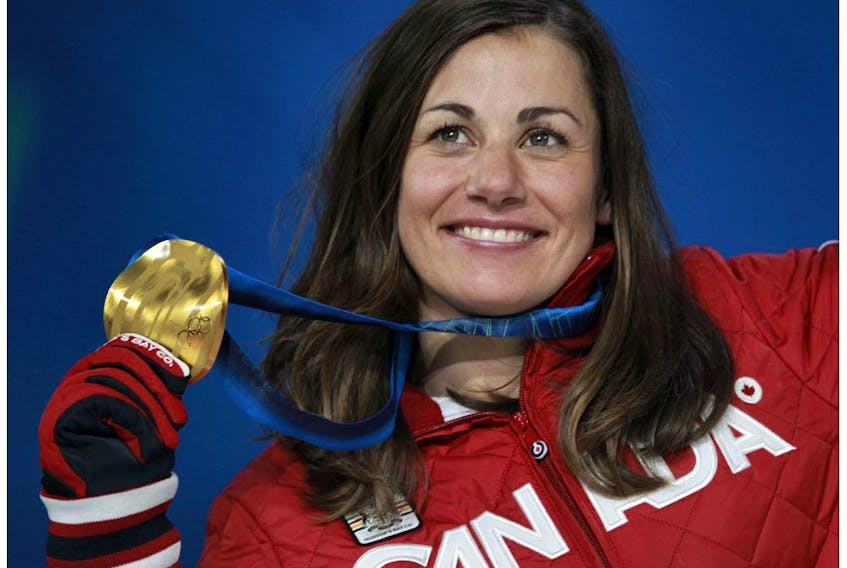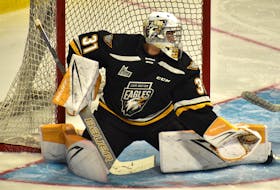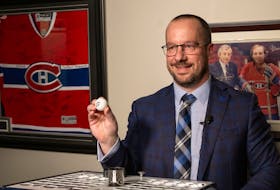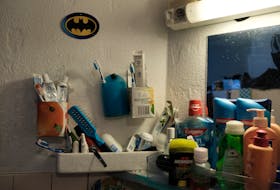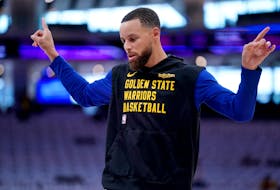The message to Canada’s high performance coaching community was clear. How Canada’s athletes win medals is just as important as the medals themselves.
This week, around 200 high-performance coaches and technical leaders came together online for the inaugural Safe Sport Summit with the goal of having a dialogue on issues of harassment, abuse and discrimination.
Organized by Own the Podium and the Coaching Association of Canada, participants said the summit ended with a united coaching community that’s ready to embrace change and work to improve the country’s sporting culture.
“It was really clear to me that we all want the same thing and really want to do what’s best in leading the future of sport so that it’s safe for everybody to enjoy,” said Maelle Ricker, an Olympic silver medallist and assistant coach with the national snowboardcross team. “It was neat because, despite the wide backgrounds of everyone who was there, from young coaches to more experienced coaches and from summer sports to winter sports, it really seemed like everybody left with the same sort of mission and pledge, and that’s to really commit to making sure we’re pushing a really positive sports culture with our athletes and staff and using a values-based system that really relies on trust and respect for everybody.”
After three and a half hours of discussion, each and every participant was asked to reflect on the conversation and make a personal pledge.
National long track speed skating coach Bart Schouten shared his, pledging to “Create a values-based, passionate, open-minded, trustful, and curious learning environment that is inclusive and safe for everyone; staff and athletes, where human and athletic development, fun and winning are our focus points.”
The involvement of Own the Podium is notable, as well. The organization was originally created to help push Canadian athletes to win medals at the 2010 Winter Olympics in Vancouver. Its focus is very much on helping Canada be a leader in high-performance sport.
“It was critical for Own the Podium and the Coaching Association of Canada to partner on this particular subject,” said Anne Merklinger, CEO of Own the Podium. “It shows the credibility and leadership of the Coaching Association of Canada, who have been involved as an organization in really leading this conversation … and for Own the Podium to recognize and communicate to everyone that the notion of how Canada wins medals is as important as the medal itself.”
That message was made loud and clear for everyone at the summit. It’s not “win at all costs” for Canadian sporting organizations.
“How we win medals is just as important as winning medals and that was the key theme,” said Lorraine Lafreniere, CEO of the Coaching Association of Canada. “(The coaches) need support, they want help in understanding that and they want clarity. What does that mean? What does ‘abuse-free’ look like?”
Both Merklinger and Lafreniere said this week’s summit was just the first step of many that their organizations will be taking to help foster safer, more inclusive environments in sport. The message they received from the coaches in attendance was that they wanted more opportunities for similar spaces to share their experiences and work on improving.
“It’s a long list of suggestions and perspectives that they shared,” Merklinger said. “Our next step as two organizations is to (look at) that feedback we received from the coaches and kind of create an action plan for them to consider.”
Copyright Postmedia Network Inc., 2020

